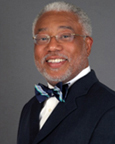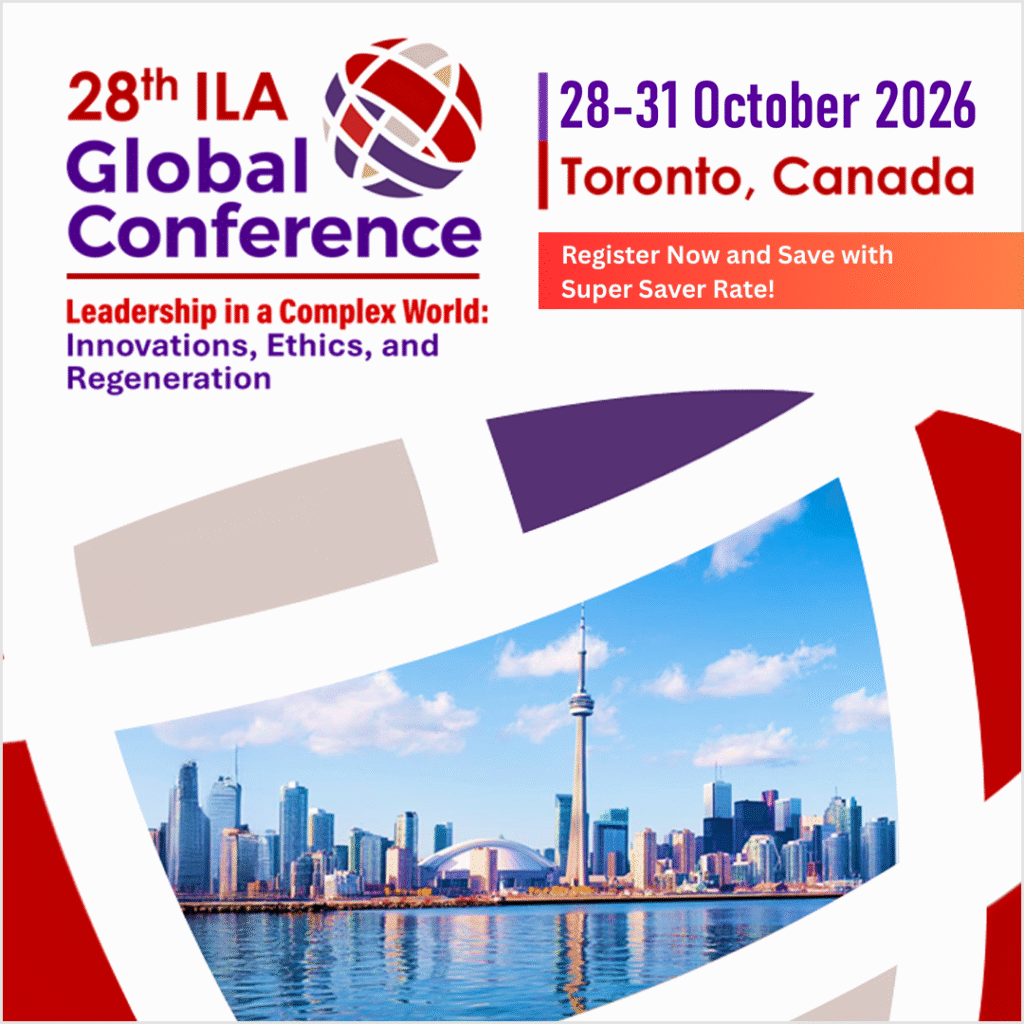Share:
How to negotiate the traffic at the intersection where worlds of difference collide, and to analyze and interrogate complex internal and environmental issues; how to interpret data that do not fit into convenient categories or principles; and how to discern one’s fitting decisions and actions—these are dimensions of the problem of diversity and culture. First and foremost, the intersection is fiercely private; it is personal and intimate. This place is not merely psychological or social, but profoundly spiritual. The intersection is also public in the sense that it is the space where citizens meet and engage in meaningful action and discussion about values, and where they hold one another accountable for what they know and value. In the public sphere, issues such as class, gender, sexual orientation, race, ethnicity, and religion both form and inform the relationship between understanding and motivation in behavior.
Outcome of Attending
- Character, civility, and ethical leadership.
- How might we prepare emerging leaders to recognize the need for spirituality in the development of habits and practices that nurture morally anchored character, transformative acts of civility, and a sense of community?
- And how might these habits and practices provide leaders with the resources and skills to live and function well in a world of difference?
Speaker Information

Known as an expert in the theory and practice of ethical leadership, Fluker serves on numerous boards, including the Chair, Board of Garrett-Evangelical Theological Seminary Church and Black Experience Program, the National Selection Committee for U.S. News & World Report America’s Best Leaders and as distinguished speaker for the U.S. Embassy Speaker/Specialist Program in South Africa, Nigeria, India and China, where he was engaged in nationwide presentations and lectures on ethical leadership in African contexts.
His international experience includes serving as consultant to youth development initiatives in Sierra Leone, West Africa and South Africa sponsored by the Ford Foundation; and as lecturer for the Martin Luther King, Jr. Center in Havana, Cuba. He serves as faculty for emerging international leadership at the Salzburg Seminar in Austria; the Board of Liberal Education, the flagship quarterly for the Association of American Colleges and Universities; and served as Distinguished Visitor to the International Human Rights Exchange Programme at the University of Cape Town, South Africa; and collaborates with the African Presidential Archives and Research Center at Boston University.
His recent publications include two volumes of a multi-volume series entitled, The Papers of Howard Washington Thurman: volume I, My People Need Me and volume II, “Christian, Who Calls Me Christian?” (University of South Carolina Press, 2009, 2012); and Ethical Leadership: The Quest for Character, Civility and Community (Fortress, 2009). He is completing a manuscript entitled, The Ground Has Shifted: Essays on Spirituality, Ethics and Leadership from African American Moral Traditions. His prior academic experience includes professorial and administrative positions at Vanderbilt University, Harvard College, Dillard University and Colgate-Rochester Divinity School; he has served as visiting professor and scholar at Harvard University, The University of Cape Town in South Africa, Columbia Theological Seminary and Princeton Theological Seminary. He earned a Ph.D. in Social Ethics from Boston University, a Master of Divinity degree from Garrett-Evangelical Seminary and a bachelor’s degree in philosophy and biblical studies from Trinity College. He is married to Sharon Watson Fluker and has four children and five grandchildren.

